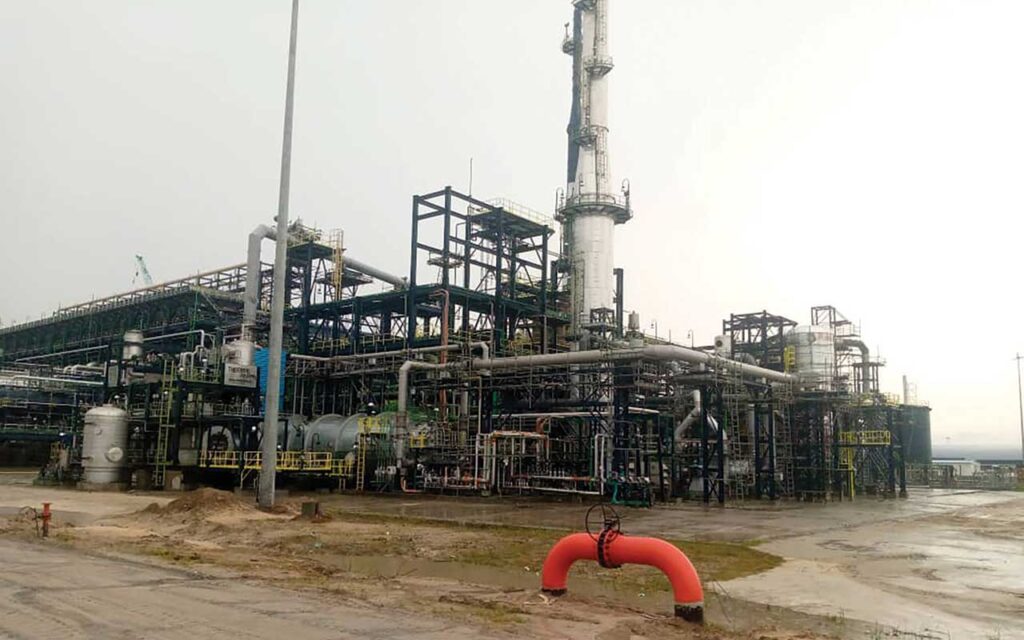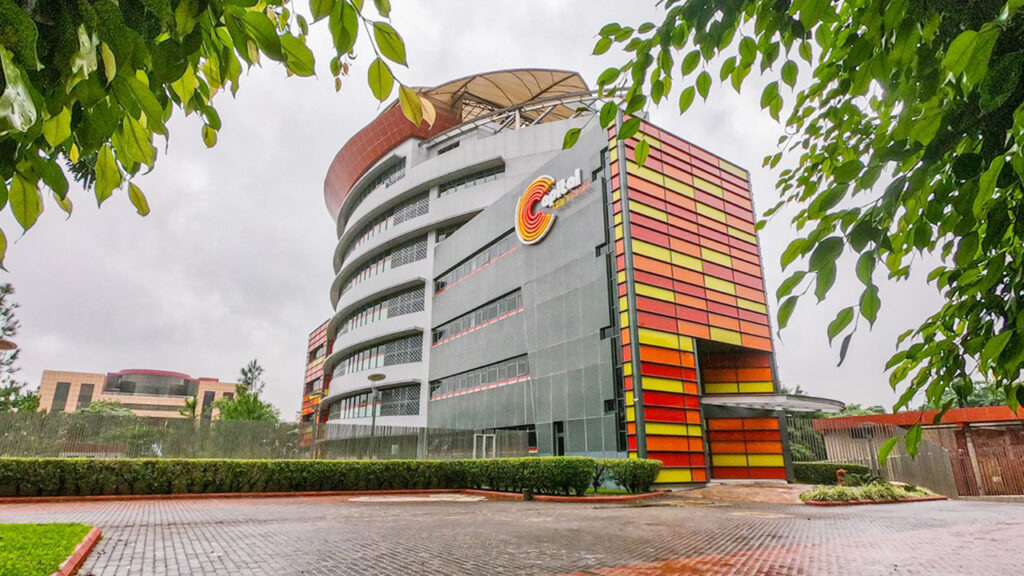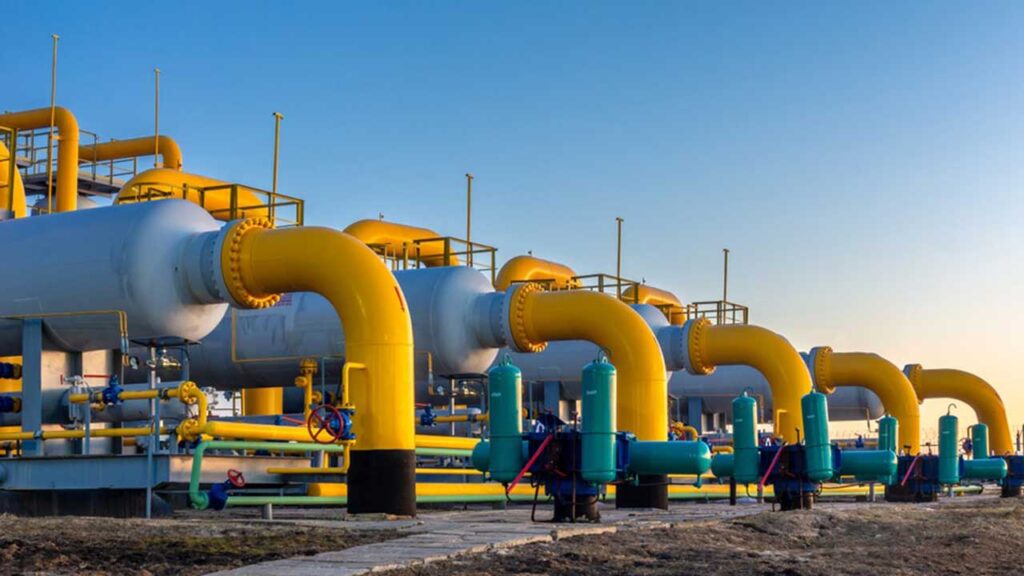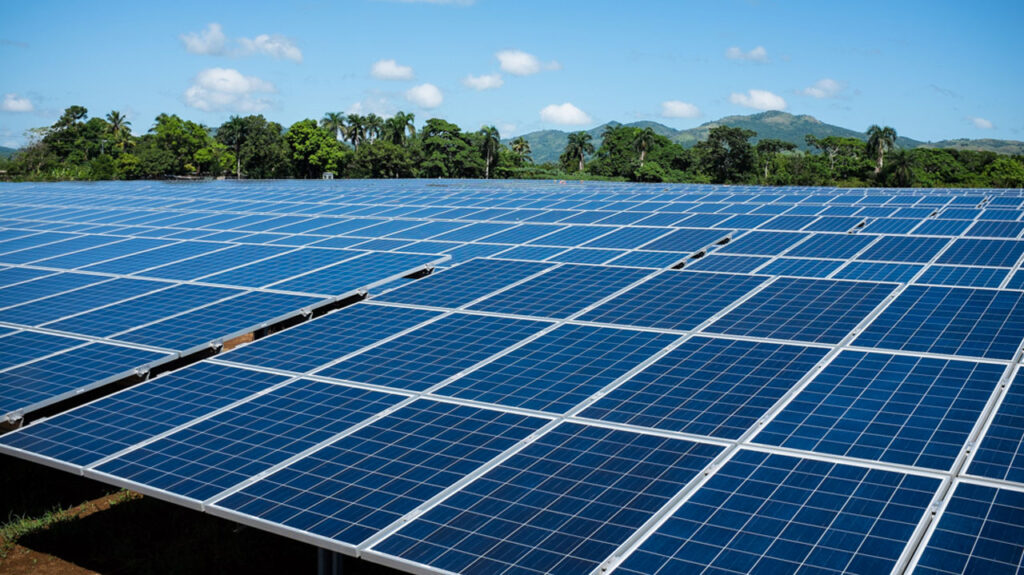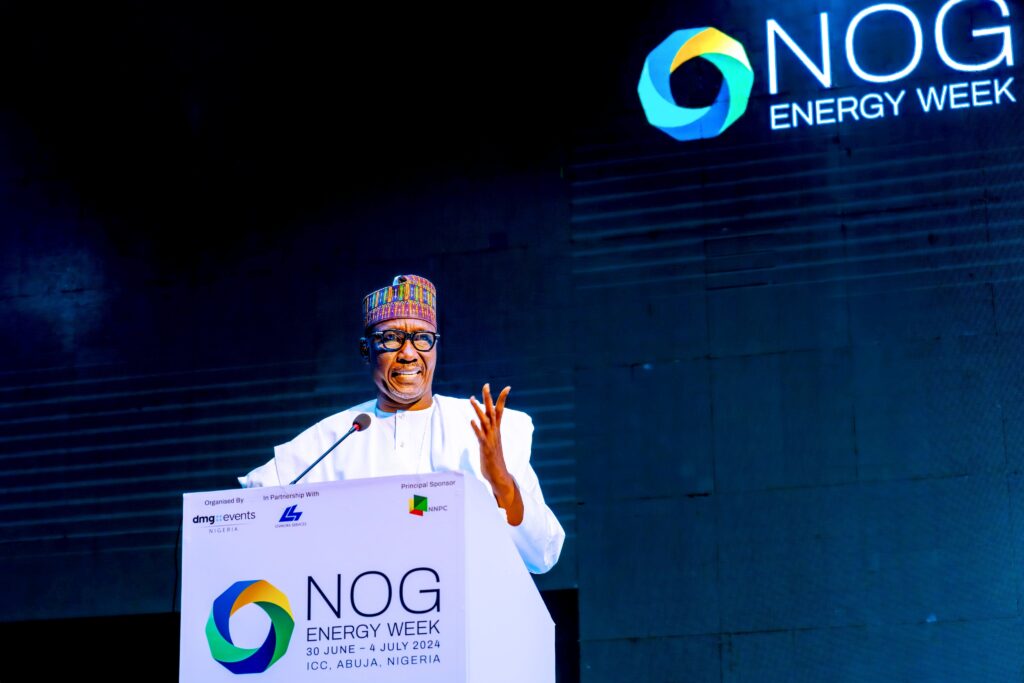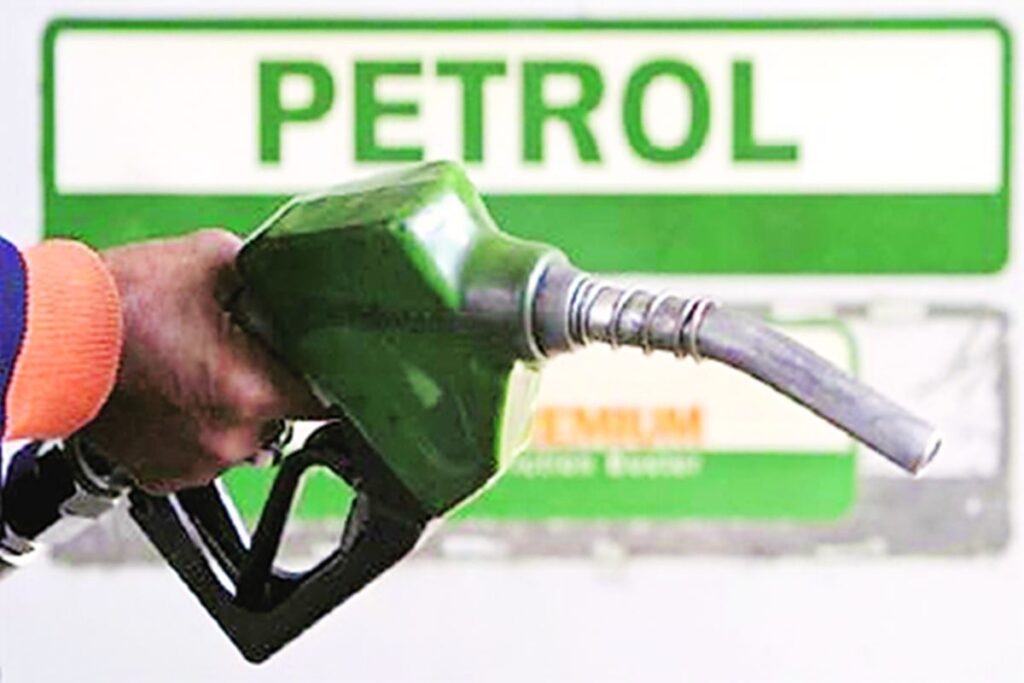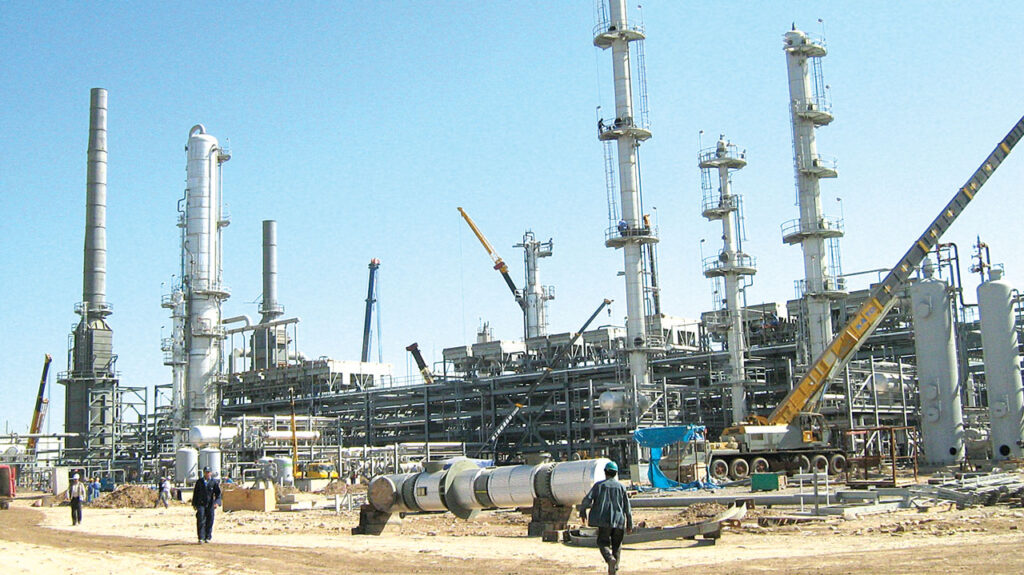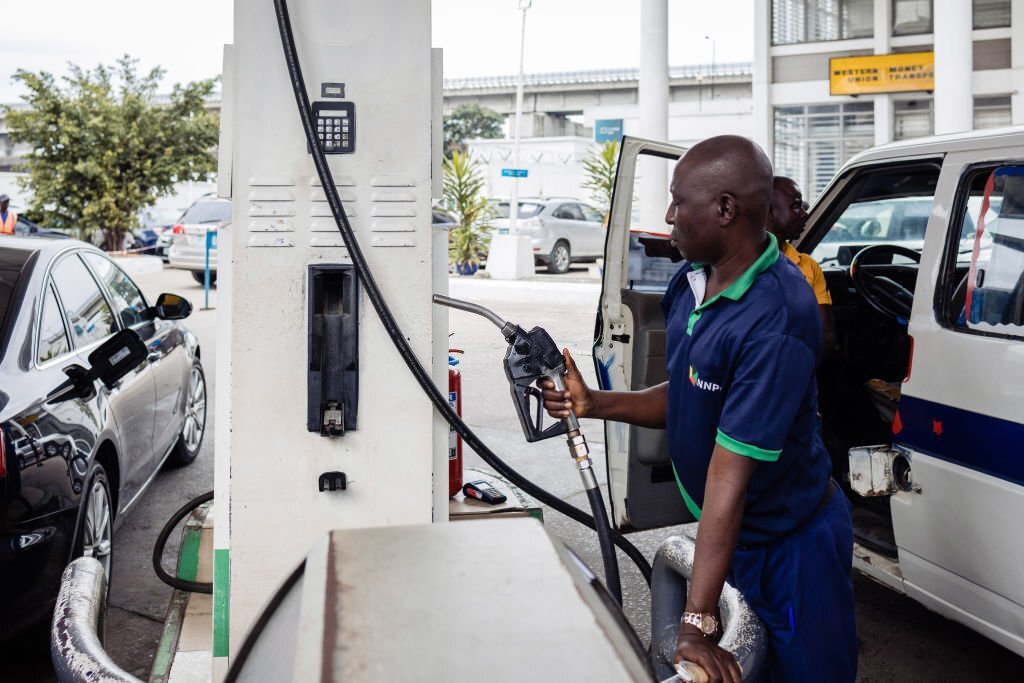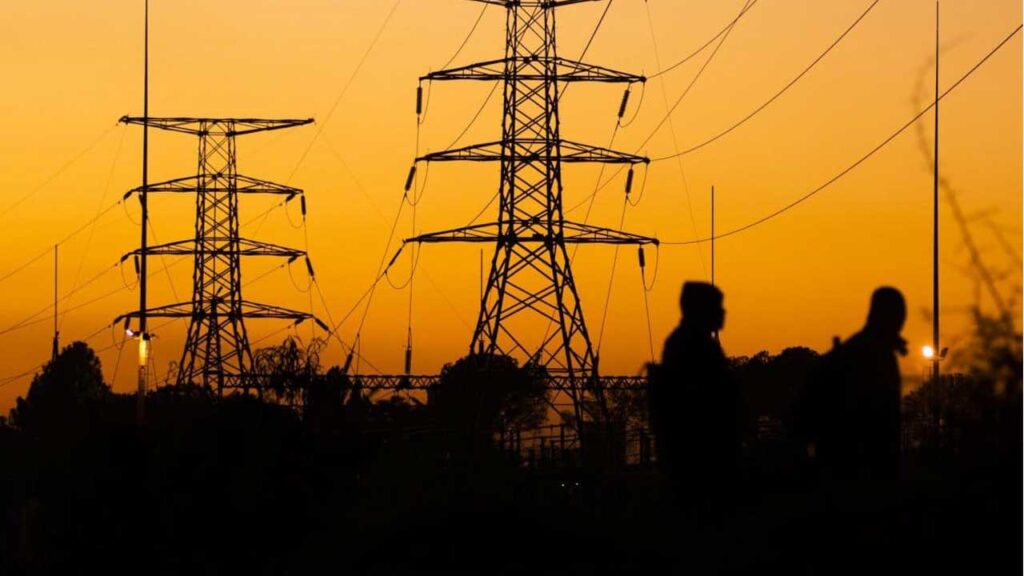
.Production increase, DCSO, decarbonisation, top 2024 agenda
The Nigerian Upstream Petroleum Regulatory Commission (NUPRC) will, this year, prioritise the implementation of the Petroleum Industry Act (PIA) and ensure an increase in crude oil production.
The commission is also targeting strict enforcement of Domestic Crude Supply Obligation (DCSO) amidst challenges faced by local refineries and Domestic Gas Distribution Obligation (DGDO) to enhance domestic refining capacity.
Chief Executive of NUPRC, Gbenga Komolafe, in the Regulatory Action Plan (RAP) for 2024, noted the need for decommissioning and decarbonising the upstream segment of the oil and gas industry.
With the plan, Nigeria is considering a multifaceted roadmap to enhance regulatory predictability, streamline licensing rounds, optimise the unit cost of production, and implement automation and business process improvements for operational efficiency.
In 2023, the oil sector faced serious turbulence with oil production falling to a record low of about 900,000 barrels per day (bpd) from an all-time high of about 2.4 million bpd. The development escalated the country’s foreign exchange crisis and worsened revenue for budget implementation.
President Bola Tinubu is currently projecting to increase oil and gas revenue, which was N2.23 trillion in 2023 to N7.69 trillion in 2024, representing an increase of 344 per cent.
At the same time, the Federal Government is expecting crude oil production to move to 1.78 million barrels per day against the current 1.250 million amidst uncertain prices.
The NUPRC plan is to delineate the regulatory approach and key actions that would be implemented by the Commission as it oversees the upstream petroleum operations in Nigeria.
The key areas of focus include easing entry barriers, promoting investment retention, and addressing challenges associated with significant asset acquisition fees.
In a bid to deepen transparency and accountability, the plan incorporates the implementation of a carbon credit earnings framework for upstream operations.
To increase production, the plan targets acceleration of the execution of oil and gas development and production projects and aligning them with the goals outlined in the Petroleum Industry Act (2021), including the enforcement of Drill or Drop provisions.
Aiming to optimise federation revenues, the plan outlines strategies for decarbonisation and greenhouse gas emissions management within the producing environment while emphasizing the incorporation of green elements in Field Development Plans (FDPs).
Komolafe disclosed that the commission would diligently monitor the implementation of the Nigerian Gas Flare Commercialization Programme (NGFCP) and oversee Host Community Trust Fund activities to reduce agitation in operational areas while ensuring 100 per cent hydrocarbon accounting.
The RAP introduces a series of targeted initiatives, including the implementation of a new production curtailment regime, domestic crude supply obligation, and annual asset performance assessments.
This will be complemented by the enforcement of Domestic Crude Supply Obligation (DCSO) and Domestic Gas Distribution Obligation (DGDO) to enhance domestic refining capacity.
NUPRC outlined the focus areas that would guide the Commission’s activities, especially a commitment to general objectives and functions as defined in the Petroleum Industry Act and other relevant laws governing upstream petroleum operations in Nigeria.
Komolafe expressed optimism that the implementation of these initiatives would result in increased government revenues, an improved regulatory and operating environment, job creation, and a strengthened position for the country as a destination for foreign direct investment in the sector.
The plan also acknowledged the evolving energy dynamics and seeks to strike a balance between climate considerations, economic efforts, and the need for energy justice, equity, inclusivity, and sustainability.
With only about 23 per cent of deepwater assets produced in 2021, Nigeria has faced serious challenges in addressing upstream challenges even as Nigerian National Petroleum Company Limited (NNPC) revealed that 322 crude oil theft incidents were recorded in the Niger Delta region within a week.
The NNPC, in its summary of theft incidents on its official X handle, said 77 illegal pipeline connections were uncovered, just as 113 illegal refineries were destroyed in the Niger Delta, between December 16 and 22, 2023.
According to the report, 24 pipeline vandalism, nine vessel infractions, 10 illegal storage sites, 61 wooden fiber boats conveying stolen crude were arrested, five oil spill incidents and 23 vehicles were uncovered and arrested during the period.


